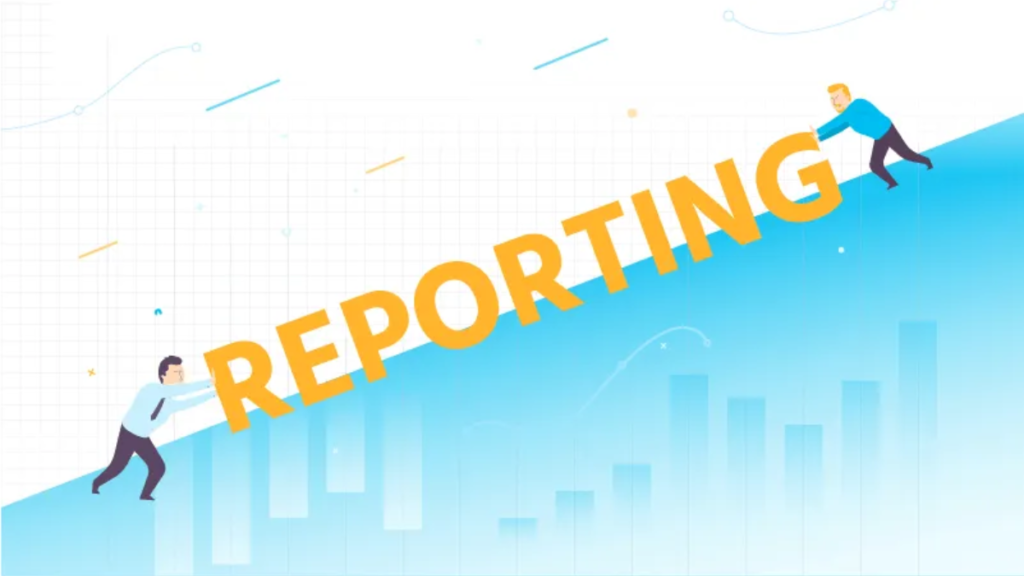The IRS has made a main trade to the virtual income reporting rules, with a purpose to come into effect from the 2024 tax 12 months. If you earn more than $5000 thru digital price systems like PayPal, Venmo, or Cash App, you will now need to record it to your tax submitting. This exchange has been made to increase transparency in digital transactions and make certain that all taxable profits is nicely accounted for.
So, what does this mean for you? Let’s understand the key aspects of this new IRS rule.
Reporting

Under the new IRS rule, if you receive more than $5000 in income from digital platforms, you will have to report it. This includes:
- Payments for goods and services
- Freelance work or side gigs
- Earnings from rideshares or deliveries
- Rental income received digitally
- Other digital transactions in which you receive money
Previously, only income over $600 was required to be reported, but now this limit has been increased to $5000, which is a major change in the way the IRS monitors digital income.
Overview
The IRS is now expanding the tracking of digital transactions. This move has been taken in view of the increasing software of digital bills, that is now playing an essential position in various industries together with e-commerce and gig work.
Under this rule, digital systems can now issue 1099-K bureaucracy to users who meet the brand new reporting threshold. However, if you do not acquire this shape, you still ought to report your earnings correctly.
Record-keeping
If you earn money digitally, it is now more important than ever to keep accurate records. You should retain all documentation related to your income, such as:
- Payment receipts
- Transaction history from digital payment platforms
- Invoices for freelance or business income
- Bank statements
If you do not report your income correctly, it could result in you paying penalties or interest on unpaid taxes.
Deadlines
| Tax Deadline | Who It Applies To |
|---|---|
| April 15, 2025 | General taxpayers in the U.S. |
| June 16, 2025 | Americans living abroad |
Since this rule applies from the 2024 tax year, affected taxpayers will need to report their digital income when filing tax returns beginning in 2025. The important deadlines are as follows:
Impact

This change primarily affects individuals and small businesses that rely on digital transactions. If you make money through apps or online sales, you need to be prepared to:
- Track income carefully
- Set aside money for potential tax payments
- Consult a tax professional if needed
While the $5,000 limit may ease the burden for lower-income individuals, those who make a significant amount of money digitally will need to follow the rules to avoid penalties.
Tax laws are evolving to keep up with digital financial trends, and if you stay on top of these changes, you can easily manage your taxes.
FAQs
How much can I earn without filing taxes?
For 2023, single filers under 65 must file if earning at least $13,850. Thresholds vary based on age, filing status, and type of income.
Do I need to file taxes if I only earn digital income?
Yes, if your digital income exceeds the IRS filing threshold for your age and filing status, you must file taxes, even if it comes from online sources.
What is the IRS digital income tax rule?
The IRS considers digital income (like from freelancing or gig work) as taxable. If you earn over $600 from a platform, it may be reported to the IRS via Form 1099-K.















